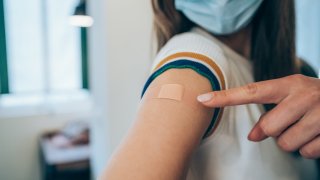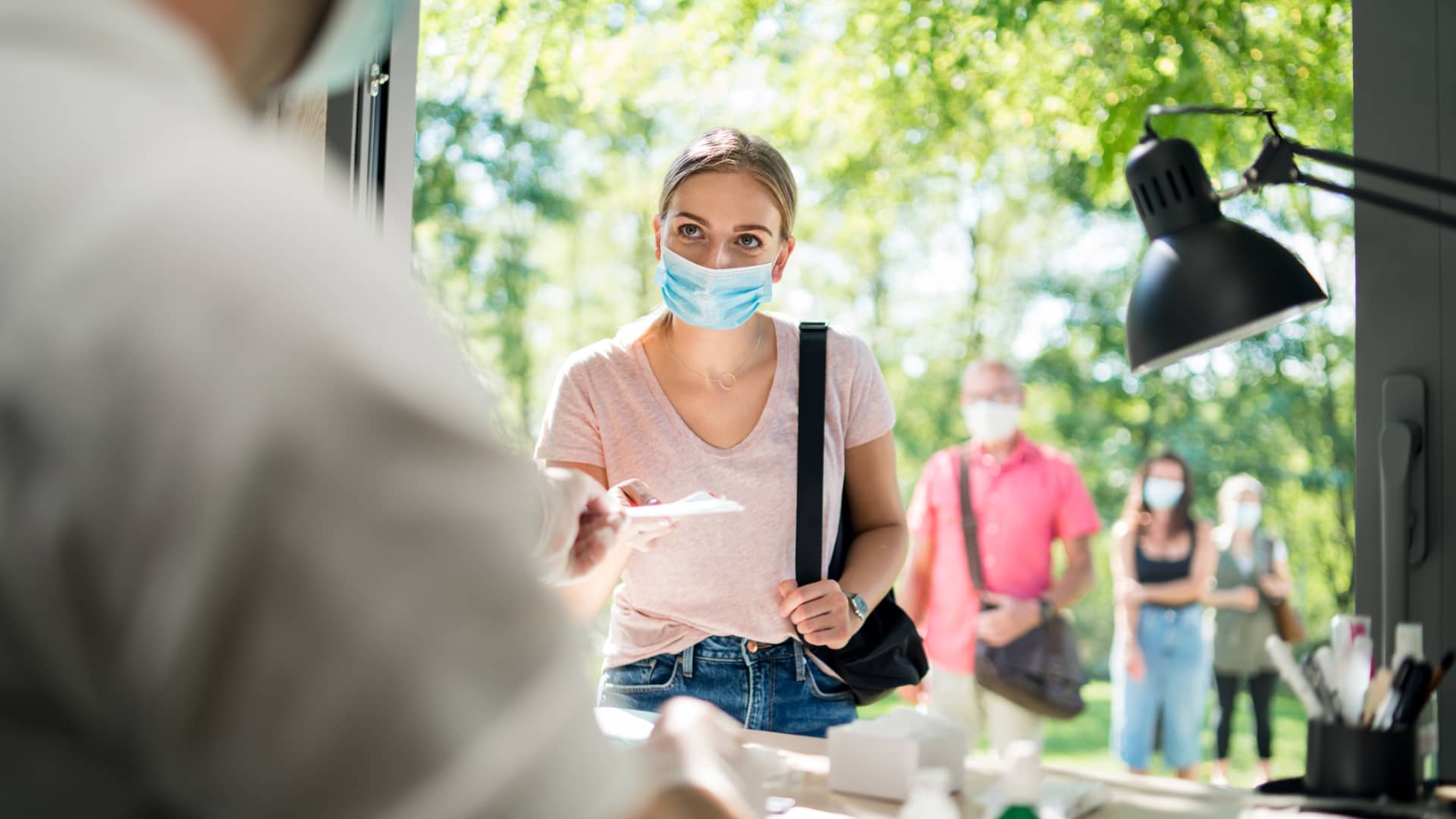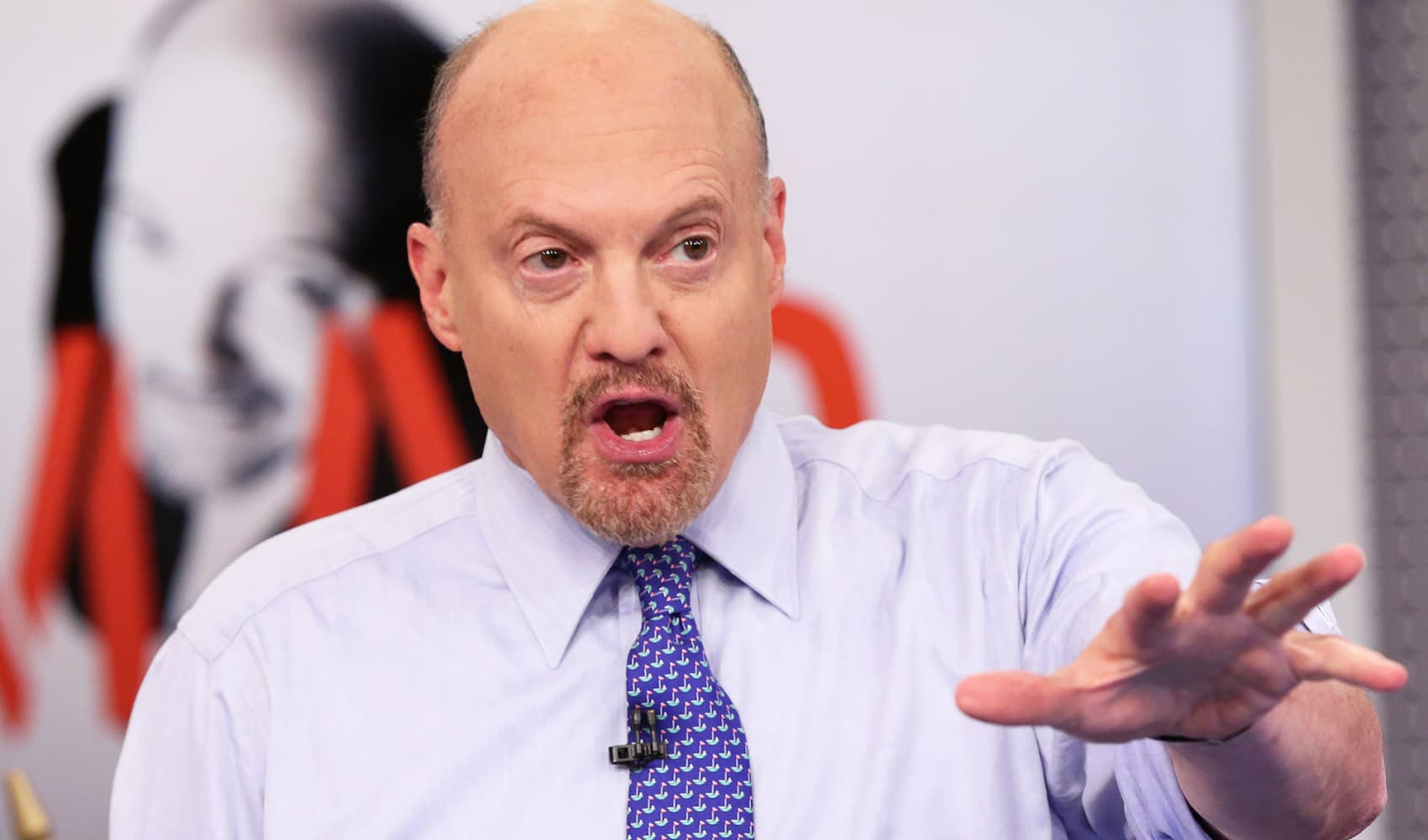
Every year, colleges across the country require students to get vaccinations for diseases such as Measles and Tetanus. Now, one year into the coronavirus pandemic, vaccines against the virus are becoming available for college-age students.
On March 25, Rutgers University announced that the school would update its typical vaccine requirements to include the Covid-19 vaccine, becoming one of the first large public universities to mandate the immunization. Some expressed outrage on behalf of students, however, surveys suggest the majority of college students support vaccination.
CNBC Make It spoke with experts about why schools can require vaccines — as well as the challenges they might face.
Legal precedence
Get San Diego local news, weather forecasts, sports and lifestyle stories to your inbox. Sign up for NBC San Diego newsletters.
There is significant legal precedence for schools mandating immunizations.
"Schools are allowed to require vaccinations to protect both the students and teachers," says Dr. Howard Forman, director of Yale University's MD/MBA program.
"Colleges and universities do routinely require vaccines, such as rubella, meningitis and chickenpox. I don't see why the Covid-19 vaccine wouldn't be put within that same category," says Kevin Welner, professor at the University of Colorado Boulder School of Education. "And 'require' is probably not the right word because obviously the student doesn't have to attend the school and there are also waivers or exemptions that students can get."
Money Report
And attorney Renee Mattei Myers confirms for CNBC Make It that colleges and universities are legally able to require students to get the coronavirus vaccine.
"Under everything that we've seen, and the guidance from agencies like the Equal Employment Opportunity Commission and the Department of Education, it's been stated that just like how [colleges] can require other vaccines like meningitis and measles and hepatitis for incoming students, that they could require this vaccine as well," she explains. "The EEOC's guidance that came out in December made it clear and paved the way to say that employers can mandate vaccines and that this isn't considered a medical examination, which is prohibited by the Americans with Disabilities Act."
Student support
One factor working in schools' favor is significant support from students.
According to a Jan. survey of 1,000 college students by College Pulse, an overwhelming 71% of students believe colleges have the right to require students to get vaccinated before returning to campus. However, 19% say they do not support vaccination requirements and 10% say they are not sure.
"Our recent survey on vaccines shows students' strong support for requiring vaccinations before returning to campus," says Anne Schwichtenberg, director of research at College Pulse. "Students are eager to resume their normal on-campus routines, and while there is some hesitation about efficacy and safety associated with the vaccine, especially for students of color, a plurality of students see the vaccine as the quickest path back to normalcy."
She adds that students seem to prefer vaccination over social distancing policies.
"Students are more supportive of the vaccine than a nationwide mask mandate (66%), or nationwide stay at home orders (65%)."

Potential for fake vaccination documents
However, Eric Feldman, professor of law and professor of medical ethics and health policy at the University of Pennsylvania Carey Law School predicts there will be a small portion of students who will try to get out of getting the vaccine through various means.
He says he worries some students will try to make fake vaccination cards.
"What I was handed when I got vaccinated was a three-inch by three-inch piece of paper with a little sticker and a number on it," Feldman recalls. "Anybody with a scanner and some photoshop skills could have created that in about 30 seconds."
Indeed some TikTok users have even begun bragging about forging their vaccination documents.
Fortunately, Feldman says many schools are taking steps to make getting the vaccine easier than creating a counterfeit vaccination passport.
"It's a whole lot easier to get vaccinated than forge a card, but they'll probably do it anyway," he says with a chuckle.
Religious and medical exemptions
Feldman also expects resistant students to try and take advantage of state laws that allow individuals to refuse vaccinations for religious or medical reasons. He says it is relatively easy for students to use these exceptions if they wish.
"Exactly zero proof is required. All you need to do is use the word 'religion' to have that exemption triggered in New Jersey, for example, at Rutgers," Feldman explains, "Forty-five of the 50 states maintain religious exemptions. California and New York have dropped them in the past five or so years, and so you no longer have religious exemptions to being vaccinated in those states. I personally think that's exactly the right move because I've not ever been shown anything persuasive about any religion that suggests being required to be vaccinated requires followers to do something that would be against their religion. And what's happened is that people just claim a religious exemption if they don't want to get vaccinated."
While many schools will accept these exceptions, experts tell CNBC Make It that some schools may choose to keep unvaccinated students off campus.
"The question is, at Rutgers, for example, where students exercise the exemptions that they're allowed to exercise, either religious or medical and don't get vaccinated then will they be allowed back on campus?" says Feldman. "Or will they not be allowed on campus? And what's Rutgers' legal responsibility to provide accommodation for them?"
Logistical difficulties
And then there are additional logistical difficulties schools will face as they move to vaccinate their diverse communities.
For instance, while President Biden has called for all states to make Covid vaccines accessible to all adults by May 1, some college students may be under the age of 18 or may be unable to acquire a vaccine appointment in their home state due to availability. At least 30 states have opened eligibility to all adults and a growing number are allowing those over the age of 16 to receive the vaccine.
Additionally, international students may be unable to get a vaccine abroad, or may only be able to receive a vaccine that is not yet approved by the FDA.
Feldman notes that many schools will leverage their on-campus vaccination abilities and associated medical schools to help address accessibility issues. "Lots of schools already have developed pretty robust and regular testing protocols and those can be fairly quickly rolled into vaccine protocols," he says.
"But what happens to the student from Bolivia, for example, who may gain access into the United States, but may be unvaccinated? If they're going to get the Moderna vaccine, they're going to need a good six weeks between the first shot and acquiring the immunity the vaccine provides. So at that point, does Rutgers have an obligation to house them, to help them financially during the six weeks they've had to get to school early?" Feldman asks aloud. "I don't think Rutgers or anyplace else has figured that out yet. But I think they know they need to figure it out"
This article has been updated to indicate the number of states that have religious exemptions for vaccinations.
Don't miss:






